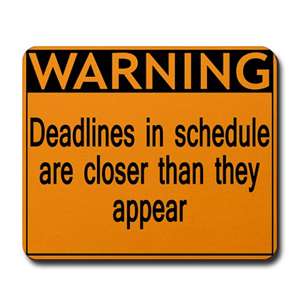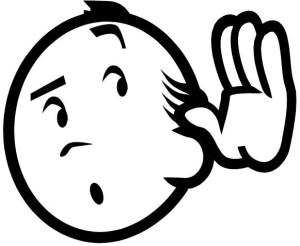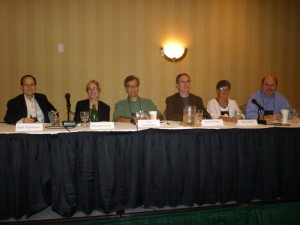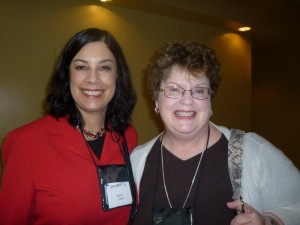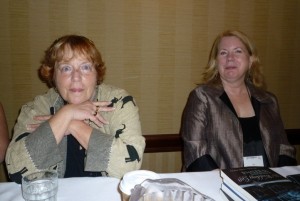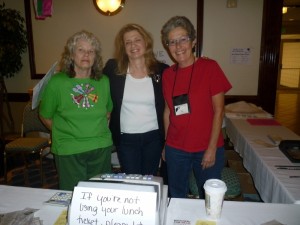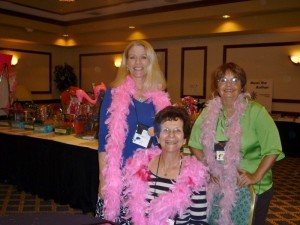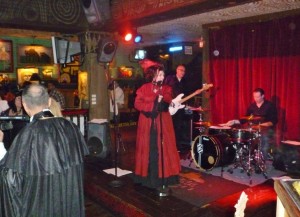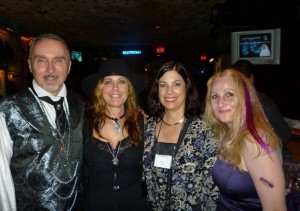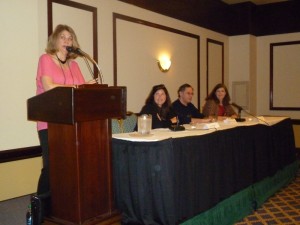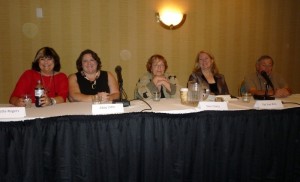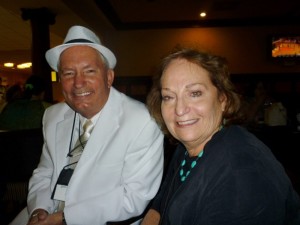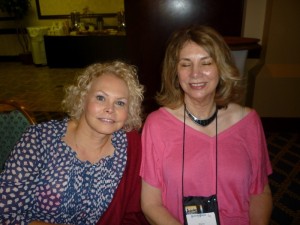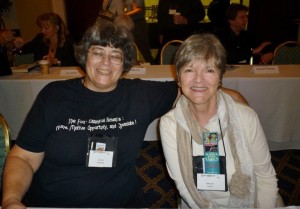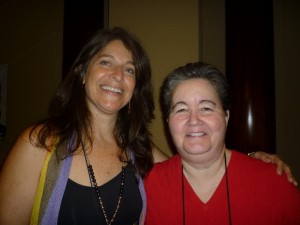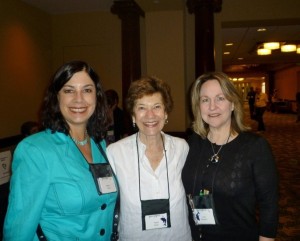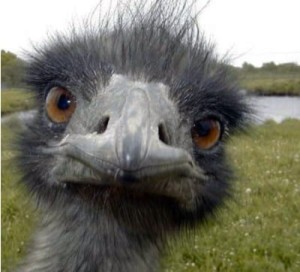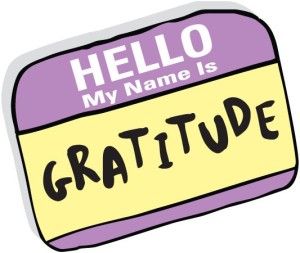by Joe Moore
A couple of weeks ago, my Kill Zone blog mate, Kathleen Pickering, posted her thoughts on Brand Marketing. In it she discussed among other things using a pseudonym or pen name in relation to building a writer’s brand. One of the reasons Kathy gave for creating an alter ego and using a pen name is liability. Today I want to expand on other reasons for writing under a pseudonym.
Lets start by dropping some names. Ever heard of Samuel Langhorne Clemens, Alisa Zinov’yevna Rosenbaum, Harry Patterson, Charles Lutwidge Dodgson, Eric Arthur Blair, David John Moore Cornwell, and Jim Czajkowski? Chances are you have. They’re all world famous writers. But you probably know them by their pen names because they all write under pseudonyms.
Why would a successful author (or any novelist) write under a pseudonym? And should you consider using one?
By definition, a pen name is a pseudonym used in place of the real author’s name. Here are some reasons to use one.
Pro. Let’s say you’re a well-established writer who wants to change genres. You normally write young adult science fiction but now you want to write cozy adult mysteries. Admittedly, the audience is different and your SF fans might not follow you. Plus, your potential cozy audience might not accept you if they’re aware of your previous work. So changing genre can be a good reason to use a pen name. Also, abandoning a failed book series or moving to a new publisher might be a reason to take on a new identity and start over.
Pro. Your real name doesn’t market well to your genre. The action/adventure novel TANK COMMANDER FROM HELL by Mandrake Slaughter would probably attract more fans of that genre than TANK COMMANDER FROM HELL by Percival Glockenspiel. And Mandrake Slaughter is easier to pronounce.
Pro. For whatever reason, you need your identity to remain anonymous and protected. Let’s say you’re a high-ranking government official who decides to write a thriller that comes uncomfortably close to reality. To reveal your true identity would create a totally different spin on your book, one you might want to avoid.
Pro. Your name is too long or it’s hard to pronounce. In the case of James Rollins, his real name is Jim Czajkowski. A wonderful name, but not easy on the eyes. BTW, Jim also writes fantasy novels under the name James Clemens. Also keep in mind that the shorter the name, the larger it can appear on the cover. Just ask Brad Thor.
Pro. Your real name just happens to be Ernest Hemingway or F. Scott Fitzgerald or Dan Brown. Start thinking about a pen name.
Pro. Sex. By that I mean that you’re the wrong gender. You want to write romance and you’re a guy. Plus, your real name is Mandrake Slaughter. Or your main character is a black female and you’re a white male with an unmistakable WASP name. The marketing starts when the reader first sees the title followed by your name. It has to make sense to them that you’re qualified to write the book.
Pro. There are two of you. Sometimes keeping the real names of writing teams works such as Douglas Preston and Lincoln Child. In their case, both authors write individually under their real names, too. Other times, choosing a single pen name makes more sense.
Now for a big reason to not use a pen name: It will always come out at some point that it’s not your real name, either in a book review, or at a writer’s conference, or during an interview, or in your Wikipedia bio; the truth will be revealed that your real name is Percival Glockenspiel. But if you don’t mind the inevitable, then go for it. The best advice is to discuss it with your agent and editor. Weigh all the marketing pros and cons. It works well for some, but not for all. Have a really compelling reason before you make the commitment and it gets embossed in gold on your book cover.
So, did you know the real names of the authors mentioned at the start of this blog? Here they are:
Samuel Langhorne Clemens is Mark Twain
Alisa Zinov’yevna Rosenbaum is Ayn Rand
Harry Patterson is Jack Higgins
Charles Lutwidge Dodgson is Lewis Carroll
Eric Arthur Blair is George Orwell
David John Moore Cornwell is John le Carre
Jim Czajkowski is James Rollins
Do you writer under a pen name? Have you ever considered it?



